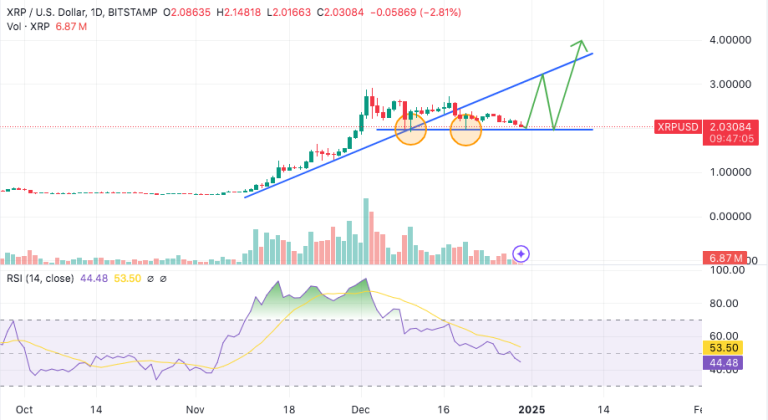Last updated:
 Why Trust Cryptonews
Why Trust Cryptonews

European fund managers’ group, EFAMA, reportedly does not anticipate a “wave of new asset classes for ETFs,” including crypto, after a UCITS-eligible asset review.
Expectations were that a May consultation would open the door for asset classes like cryptocurrencies and commodities to be included within the UCITS framework. However, Federico Cupelli, EFAMA’s deputy director for regulatory policy, dismissed the notion that this will happen.
“I would not expect a wave of new asset classes for ETFs, but rather a gradual opening-up and only to the extent that key supervisors will be comfortable with not taking a strict ‘look-through’ approach for some of the underlying asset classes, physical commodities for example,” he told ETF Stream.
European Countries’ Diverging Understanding Spur ESMA to Re-evaluate Regulations
UCITS, or Undertakings for Collective Investment in Transferable Securities, is essentially a European rulebook for managing and selling investment funds like mutual funds and ETFs. Its main goal is to safeguard investors. Additionally, it aims to make it easy to sell these funds across different European countries.
For now, it appears different European countries had varying interpretations of these rules. That prompted the European Securities and Markets Authority (ESMA) to re-examine these regulations.
Cryptocurrencies, especially in exchange-traded product (ETPs) form, have been a focal point under this review. Their increasing popularity in Europe and the recent spot bitcoin ETF approvals in the US have intensified the debate about whether they should be allowed in UCITS funds.
Fund Managers Advocate UCITS Consistency, Cautions Against Quick Crypto Inclusion
EFAMA believes that overhauling these UCITS rules isn’t necessary right now. Still, clearer guidelines at the European level would help ensure consistency across different countries.
The group argues that investing in cryptocurrencies through exchange-traded products is a simpler option. This approach avoids the complexities of directly holding these assets.




